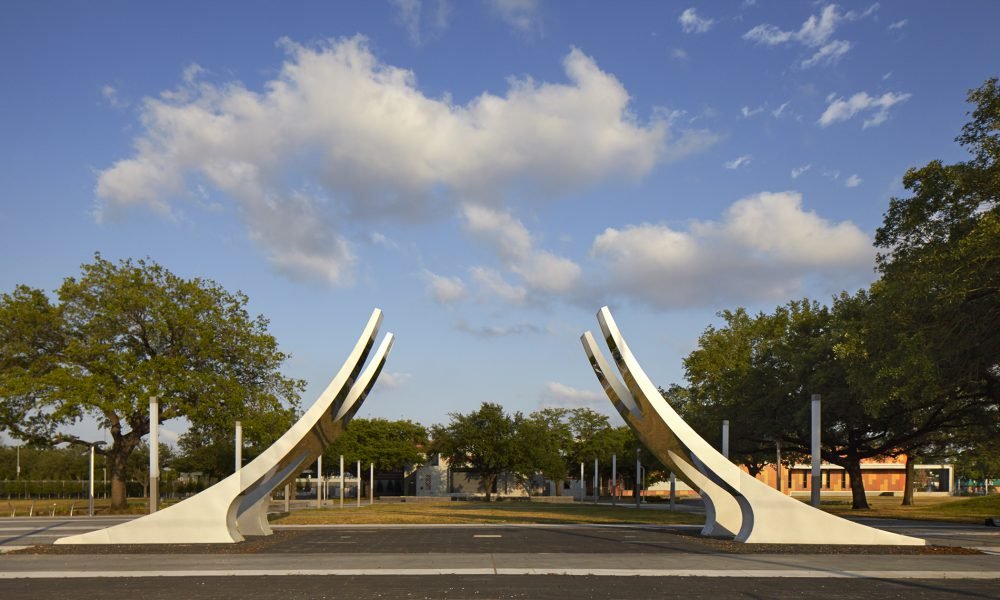Emancipation Park stands as a lasting symbol of freedom, resilience, and unity within Houston’s African American community. Founded by formerly enslaved individuals in the 1870s, the park reflects both the struggles and triumphs of a community emerging from the shadows of slavery. Over the years, it has evolved into a cherished space, representing not only liberation but also cultural pride and social progress.

Origins of Emancipation Park: A Historic Juneteenth Celebration
Emancipation Park was established in 1872 by four formerly enslaved men – Richard Allen, Jack Yates, Elias Dibble, and Richard Brock. They pooled $1,000 to purchase 10 acres of land as a dedicated space for the annual Juneteenth celebration. Juneteenth, which marks June 19, 1865 – the day enslaved individuals in Texas learned of their freedom – has remained a key event at the park ever since.
For many African Americans, Emancipation Park became a sacred place to gather, reflect, and honor the significance of freedom. It was one of the few public spaces in Houston where Black residents could celebrate without fear of discrimination during the Jim Crow era.
Growth and Decline: The Challenges of the 20th Century
As Houston expanded, Emancipation Park remained a cultural anchor in the Third Ward, a predominantly African American neighborhood. However, like many historic landmarks, it faced neglect and financial challenges in the mid-20th century. Limited funding for maintenance and public amenities led to a period of decline, and by the 1970s, the park was no longer the vibrant center of community life it once had been.
During this time, the park was still used for Juneteenth celebrations, but it struggled to attract broader community engagement. Residents and activists recognized the need to restore its legacy, and efforts to revive the park began to gain momentum.
Revitalization and Modernization: A New Era for Emancipation Park
In 2013, the City of Houston, along with community leaders and organizations, embarked on a $33 million renovation project to restore Emancipation Park to its former glory. The revitalization project included new sports facilities, event spaces, playgrounds, and modern landscaping while preserving the park’s historical elements.
The park reopened in 2017, just in time for Juneteenth celebrations. Today, it serves as both a recreational space and a cultural center, hosting events such as art exhibits, concerts, and educational programs. Emancipation Park remains a vibrant part of the community, symbolizing the importance of freedom, unity, and social progress.
Emancipation Park as a Hub for Cultural Events and Community Initiatives
Beyond Juneteenth celebrations, the park plays a significant role in Houston’s cultural and social landscape. It regularly hosts community festivals, health fairs, and educational programs aimed at empowering residents. Local organizations use the park as a space for dialogues on civil rights, history, and current social issues.
The park’s renovation and renewed popularity have also sparked conversations about preserving African American history in Houston, as well as the importance of maintaining cultural spaces amid urban development pressures.
A Legacy of Freedom, Resilience, and Hope
Emancipation Park’s journey from its humble beginnings to its current role as a beacon of cultural pride and community engagement embodies the spirit of resilience. It not only honors the struggles of the past but also provides a space where future generations can gather, learn, and grow. As a symbol of freedom and unity, the park continues to inspire Houston’s residents and visitors, ensuring that its legacy will endure for years to come.